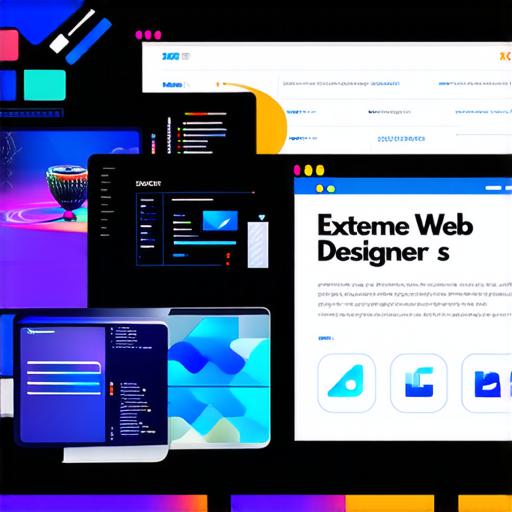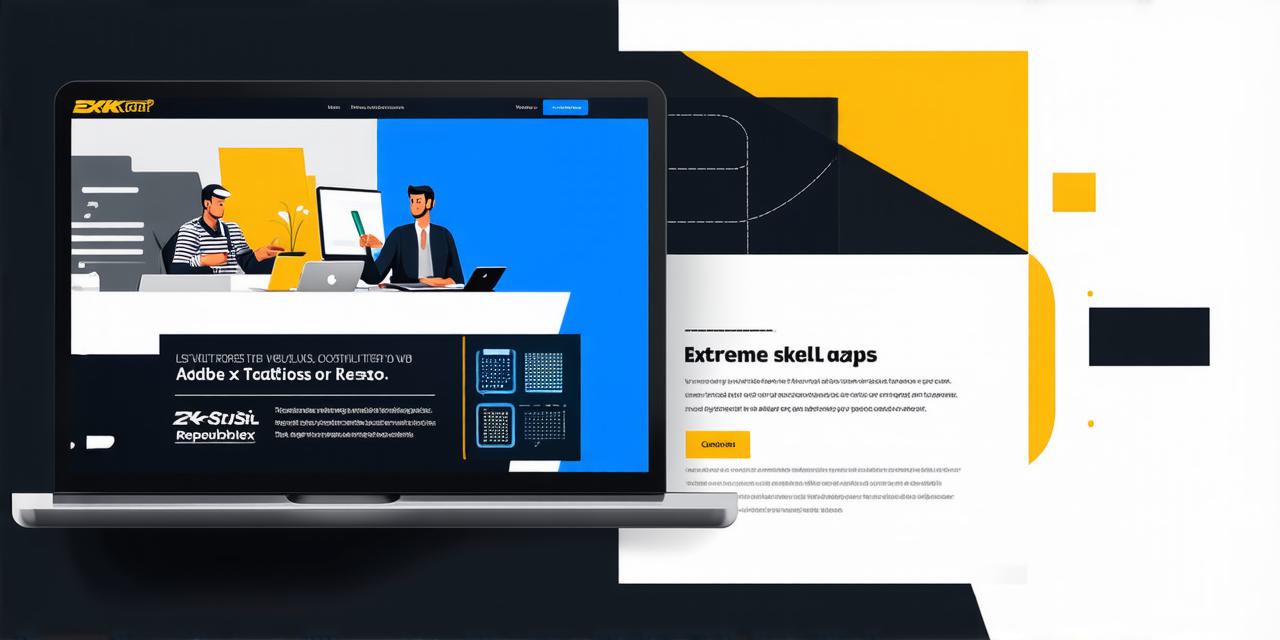In the dynamic world of web design, creativity meets technology to craft digital experiences that captivate and engage. But what does it take to become a successful web designer? Let’s delve into the essential qualifications that will propel you towards mastery in this exciting field.
1. Mastering the Basics
A solid foundation is crucial for any aspiring web designer. Familiarize yourself with HTML, CSS, and JavaScript – the building blocks of the web. Understanding these languages will empower you to create visually appealing and functional websites.
2. Design Principles
Good design isn’t just about aesthetics; it’s about creating an intuitive user experience. Study principles such as alignment, contrast, balance, and hierarchy to ensure your designs are not only beautiful but also effective.
3. Responsive Design
With the rise of mobile devices, responsive design has become a necessity. Learn how to create websites that adapt seamlessly across various screen sizes, ensuring your designs look great on desktops, tablets, and smartphones alike.
4. User Experience (UX) and User Interface (UI) Design
Understanding user needs and preferences is key to creating successful web designs. Mastering UX and UI design principles will help you create websites that are not only visually appealing but also easy to navigate and interact with.
5. Coding Efficiency and Best Practices
As a web designer, time is money. Learn coding shortcuts and best practices to increase your efficiency and produce high-quality work in less time. This will not only make you more productive but also help you meet tight deadlines.
6. Portfolio Building
A strong portfolio showcases your skills and creativity to potential clients. Build a diverse collection of projects that demonstrate your versatility as a web designer, focusing on both design and functionality.

7. Continuous Learning
The world of web design is constantly evolving, so it’s essential to stay up-to-date with the latest trends and technologies. Attend workshops, read industry blogs, and network with other designers to expand your knowledge and skills.
FAQs:
1. What tools are essential for web design?
Adobe Creative Suite (Photoshop, Illustrator, XD), Sketch, Figma, and InVision are popular choices among web designers.
2. How can I improve my coding skills?
Practice coding regularly, participate in online challenges, and collaborate with other developers to hone your skills.
3. What is the importance of a strong portfolio for a web designer?
A strong portfolio showcases your skills, creativity, and versatility to potential clients, making it essential for securing freelance or full-time work.
In conclusion, becoming a successful web designer requires a blend of creativity, technical skills, and an understanding of user needs. By mastering the basics, embracing design principles, focusing on responsive design, honing your UX/UI skills, improving coding efficiency, building a strong portfolio, and committing to continuous learning, you’ll be well on your way to crafting digital experiences that captivate and engage.


